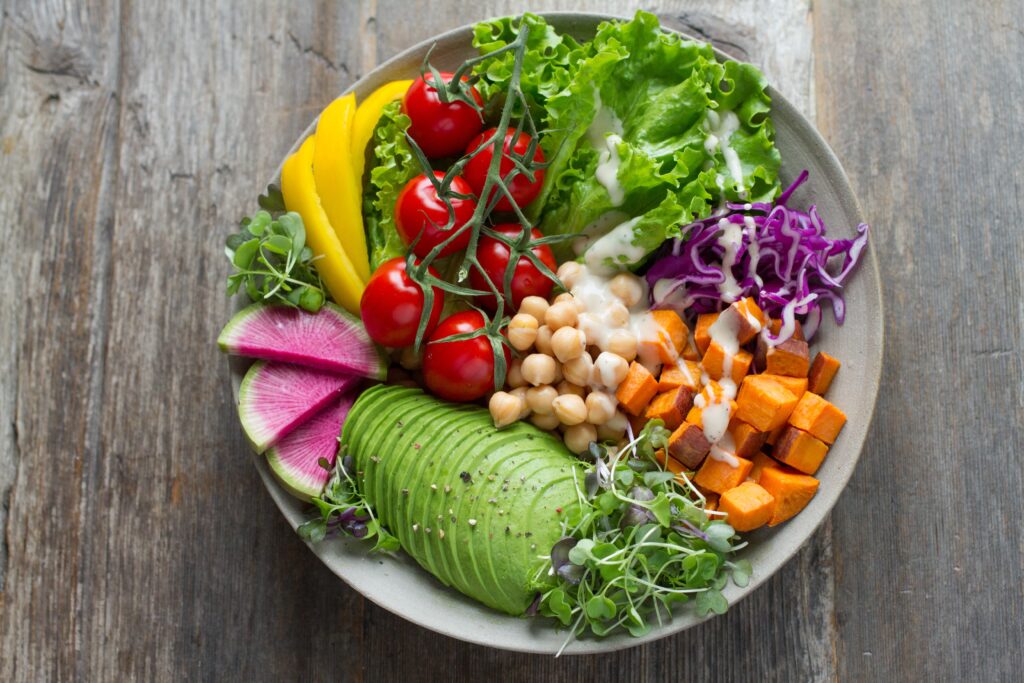
Following the recent rise in COVID cases around the country, cost for goods began to climb as supply chains buckled under strain cause by a shortage of COVID-free workers.
Workers involved in industries related to food and other consumer goods’ supply chains were required to isolate due to contracting or having been in close contact with
persons COVID-positive. As a result, shortages have been rife within supermarkets – particularly as concerns fresh produce.

This lack of fresh produce exacerbates an issue known as food insecurity. Described in one work, ‘Food Insecurity on Campus’, as “limited and/or uncertain availability of nutritionally adequate and safe foods or ability to obtain these foods in a socially acceptable way”. Eating large quantities of fast food may ease hunger but ultimately don’t add to your nutrition intake.
For students, this means stereotypes such as eating nothing but ramen should not be celebrated. Your health will suffer if your diet is comprised entirely of two minute noodles. Don’t do it!
So, for those of us increasingly struggling to afford anything other than ramen, what options are available?
Semper Floreat reached out to UQ seeking insight into how the university was responding to food insecurity risks. Among other things, they had this to say: “in the early pandemic period, the university provide 28,000 meals and 9,000 food hampers”. It remains unclear whether these meals were designed to be fulfilling nutritionally.
These were the infamous hampers which were initially to be bought by students, not paid for with surplus university funds. It was only after Drew Pavlou and Co’s free hamper initiative that the university also decided to offer theirs for free.
And so, continuing my search elsewhere, I spoke to the student rights executive of the UQ union; Jake Coleman told me of similar free hampers, a ‘Kampus Kitchen’ which “provides free and fairly yummy hot meals for students on campus”, and the reopening of an old old favourite – the Food Co-Op.
The Food Co-op will open soon and provide cheap, sometimes even free, pantry basics (mostly of the non-perishable variety). The structure of this ‘co-operative’, and whether mutual aid will be a factor, remains to be seen.
Finally, UQ’s Nutrition and Dietetics Clinic provides free appointments, and can help you understand your diet. Staffed by students of the university, the service is surprisingly underutilised.

Views: 264
